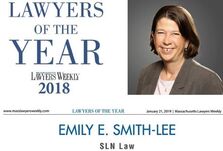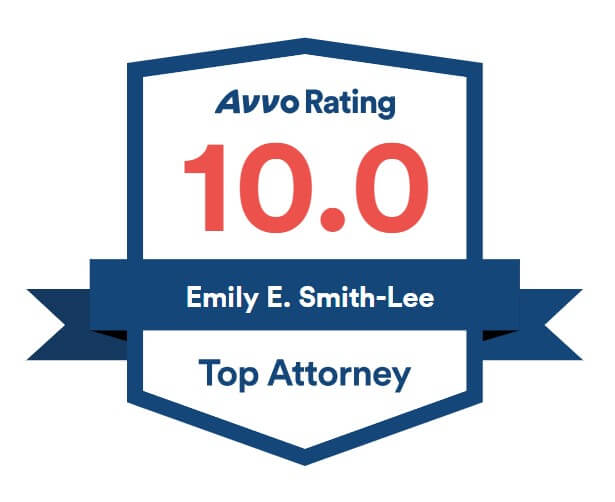Hair Salon Non Compete and Unlawful Deductions
Questions About a Non Compete Agreement?
Our Solutions Roadmap is a quick and easy way to share the details of what you are facing and receive preliminary feedback from a member of our team. Use the button below to get started- it is 100% confidential and 100% free.
Meet Our Employment and Non Compete Lawyers

Emily Smith-Lee is the owner and founder of slnlaw. She is a 1996 graduate of Boston College Law School. She was previously a partner at the Boston office of a large international firm, where she worked for thirteen years before starting the firm that became slnlaw in 2009. She has been recognized as Massachusetts Superlawyer each year since 2013, and in 2018 earned recognition as one of Massachusetts Lawyers Weekly's Lawyers of the Year. She has written a book on employment law: Rules of the Road, What You Need to Know About Employment Laws in Massachusetts, been interviewed by the Massachusetts Superlawyers magazine about non compete agreements, and written an op-ed in the New York Times about the dangers of non competes. Along with the rest of the slnlaw team, she has helped hundreds of clients navigate, negotiate, or defend against their non compete agreements.

Rebecca Rogers: Rebecca is a 2006 graduate of Boston College Law School, and has worked with slnlaw since 2013. She previously worked as an intellectual property litigation attorney for Fish & Richardson in Boston, Massachusetts, and clerked for the Massachusetts Supreme Judicial Court. Rebecca has helped many clients understand and evaluate their non compete agreements and develop strategies for defending against non compete enforcement and negotiating resolution.

Jenna Ordway: Jenna is a 2013 graduate of Quinnipiac Law School, and also earned an LLM in Taxation from Boston University in 2015. She has been affiliated with slnlaw since 2011, first as a law clerk and then as an attorney. Jenna has been recognized since 2019 as a "Rising Star" by Massachusetts Superlawyers. Jenna works with employers to develop reasonable and enforceable employee agreements, including non competes. She has also helped employees understand and evaluate their non compete agreements and develop strategies for defending against non compete enforcement and negotiating resolution.

Elijah Bresley: Eli is a 2014 graduate of Seton Hall Law school, and has worked with slnlaw since 2020. He previously worked for a boutique employment law firm outside of Boston, and then for the Labor and Employment department of a large Boston firm. He also spent a year clerking for the judges of the Superior Court in Hartford, Connecticut. Eli has helped clients both evaluate and negotiate their non compete agreements, and defended non compete claims in state and federal courts.
How We Can Help
Are you in a similar situation? We ar ehere to help. You can use the button below to schedule a call back from a member of our team, or give us a call at 781-784-2322.
|
Emily Smith-Lee Rated by Super Lawyers loading ... |
Jenna Ordway
Rated by Super Lawyers loading ... |



